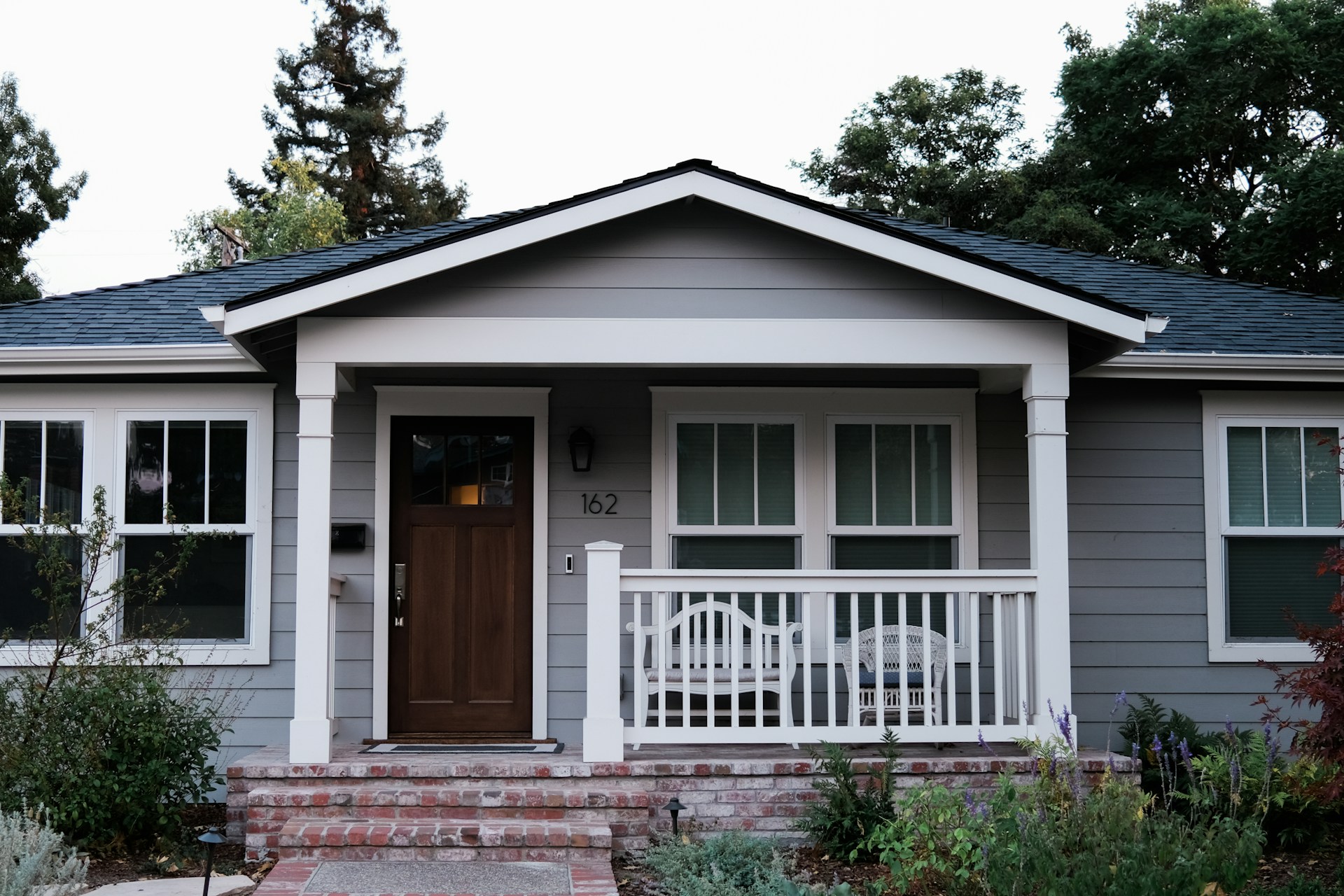When a couple goes through a divorce, many uncertainties commonly arise, including with respect to how the couple’s property and finances will be divided. While some couples go their separate ways amicably and resolve all such matters on their own, many couples require the assistance of the courts to determine the appropriate division of property. Often, the home where the couple resided before their split, known in family law circles as “the matrimonial home” or the “family residence,” is a matter of significant dispute. This raises the question: who is allowed to live in the matrimonial home while the couple goes through the divorce process? Should they live in the home until the courts decree a final order? Should both people vacate the home in anticipation of an order? What if both parties want to remain in the home, but each wants to ensure that the other party does not reside there? Many of those questions are answered in the recent decision of the British Columbia Supreme Court in Gallant v Layco.
Contentious Relationship Ends Contentiously
The case of Gallant v Layco involved the claimant, Cynthia Gallant, and the respondent, Mio Layco, who had been involved in a marriage-like relationship for some period of time (although the precise length of time the two had been together was in dispute). Regardless of the disparities in the parties’ accounts with respect to the length of their relationship, they agreed that they had lived together for 15 months throughout 2018 and 2019 and that they had also briefly lived together in 2016.
In 2017, when Layco asserted that he and Gallant were broken up, Layco purchased a home in Revelstoke, British Columbia. Layco later sold that home and purchased one on Birch Drive, also in Revelstoke. Even though Layco provided the entirety of the down payment himself and Gallant contributed nothing to the home purchase, the Birch Drive property was registered in both of their names as joint tenants. Layco maintained that this assignment of ownership was undertaken only to appease Gallant, who pressured him to include her in the property title. To that end, Layco claimed that Gallant held her interest in the property in trust for him.
In July 2018, Gallant began living with Layco at the Birch Drive property. When the parties separated in October of 2019, Gallant moved herself, her children and all of their possessions into the basement apartment of the Birch Drive home, where she remained until November of 2021, when the police ordered her to vacate the premises. The police had attended the Birch Drive property at the behest of Layco, who claimed that Gallant had broken into his home and attempted to assault him.
Several months after the incident with the police, Gallant filed a notice of family claim in January of 2022, in which she sought, amongst other things, an order for her exclusive possession of the Birch Drive property.
The Legal Principles Regarding Occupation of the Family Residence
In British Columbia, the term “family residence” is defined by section 90 of the Family Law Act to include a residence owned or leased by one or both spouses and that was the ordinary place at which both spouses resided. In accordance with subsection 90(2) of the FLA, the BC Supreme Court is entitled to make an order granting one spouse exclusive occupation of the residence for a specified duration of time.
As noted by the court, the test with respect to the occupancy of a family home is that of the balance of convenience. In other words, “a claimant seeking exclusive possession of a family home must first establish that the shared use of the family home is a practical impossibility and that she is the preferred occupant on a balance of convenience.”
Application of the Legal Principles to the Facts of This Case
With respect to the first branch of the test, which is a practical impossibility for the parties to share the residence, the parties in this case agreed that it was impossible for them to live together. As such, the first branch of the test was satisfied. However, Gallant still had to prove that the balance of convenience favoured the removal of Layco (and his children) from the Birch Drive residence to make way for Gallant to move in and exclusively reside on the premises.
As noted by the court, Layco had purchased the Birch Drive home using $200,000 of his own money, while Gallant had made no financial contribution to the purchase. Moreover, there needed to be more disagreement between the parties with respect to the intention behind including Gallant as a joint tenant on the title to the property. Regardless of their arrangement, the evidence demonstrated that Layco had lived in the Birch Drive property since he purchased it in June 2018. Furthermore, tenants were occupying the basement suite of the Birch Drive property who had moved in after police had ordered Gallant to vacate the premises and not attend there in the future.
Given these facts, the court concluded that “the balance of convenience favours the respondent,” and it was ordered that “the long-term status quo should continue pending trial with [Layco] having exclusive occupancy of the Birch Drive Home.”
Contact The Family Lawyers At Meridian Law Group in Vancouver for Advice on Your Family Law Dispute
The family law lawyers at Meridian Law Group are experienced in assisting clients in navigating the choppy waters of family law disputes. Whether your dispute relates to property division, domestic agreements, family violence, or parenting issues, Merdian Law Group’s family law lawyers have the knowledge and expertise necessary to guide you through the process and ensure that your rights are preserved and protected at every step.
Contact a family lawyer at Meridian Law Group today, either online or by telephone, at (604) 687-2277, to schedule a confidential and comprehensive consultation with one of our capable team members.


